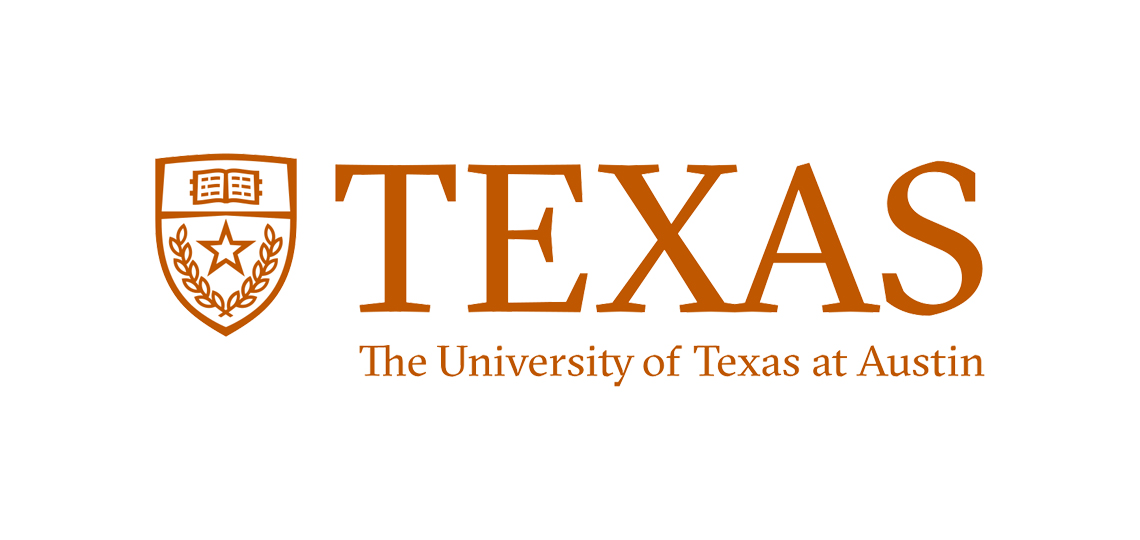
Allyssa Guzman and Albert Palacios of the University of Texas at Austin kindly took the time to answer questions from Sara Brumfield of FromThePage, and discussed their project and experience using the platform.
Guzman is the Digital Scholarship Librarian at the University of Texas at Austin Libraries, and Palacios is the Digital Scholarship Coordinator at the university for the LLILAS Benson Latin American Studies and Collections.
First, tell us about your documents.
We are working with two communities and local archives recently digitized in situ through a Mellon-funded post-custodial initiative. It focuses on documenting underrepresented communities in Latin America through the digitization, digital preservation, and long-term digital access of fragile and endangered local archives.
The first community is a cohort of historians at the Meritorious Autonomous University of Puebla (BUAP) in Puebla, Mexico. They will be transcribing a selection of records within the Royal Archive of Cholula, an indigenous judicial archive dating from the 16th to the 20th century, held at the Magistrate of the Supreme Court of Puebla.
The second is the Eldorado community in São Paulo, Brazil, who would be transcribing local historic land deed documentation on quilombos--Afro-Brazilian settlements originally founded by escaped slaves--held at the Articulation and Advisory Team to Rural Black Communities (EAACONE) center.
What are your goals for the project?
Our primary goal for this project is to internationalize the interface of FromThePage into Spanish and Portuguese.
There is a growing consensus among digital humanists, archivists, and librarians that representation has not been enough to diversify the digital cultural record. Representation without the participation of non-Anglophone and minority groups has recreated historical exclusions, which now stem from a lack of technological or multilingual resources that facilitate access and engagement with materials in other languages.
In internationalizing FromThePage, we hope to break down barriers to accessing UTL’s Spanish and Portuguese-language digital collections and enable collaboration with current Latin American partners in the interpretation of their digitized collections hosted on University of Texas Libraries’ servers. Now that the internationalization work is mostly complete, our partners are working on transcription projects and will provide us feedback about the accuracy of the translation work.
How are you recruiting or finding volunteers/collaborators?
We developed a relationship with our partners as a continuation of ongoing technical capacity-building. The UTL staff have been providing to these communities through other projects.
Can you share your experience using FromThePage?
With all of its features, FromThePage has proven to be incredibly useful for us in cultivating community engagement, developing research initiatives, and enhancing collection accessibility. This is primarily due to the customization the platform enables.
On the one hand, project contributors have the ability to reconfigure with relative ease their workspace and workflows, such as using dictation to transcribe.
On the project management side, the import and export features Brumfield Labs is currently designing and deploying as part of the NEH-funded work with UT Libraries will greatly facilitate the movement of collections between our institutional repositories and the platform to expedite access and preserve citizen scholarship.
How does FromThePage & crowdsourcing fit within libraries and research institutes?
We consider the collaborative research FromThePage enables a step towards the democratization of knowledge production, which has historically been siloed in academic institutions.
This is particularly the case with our Spanish colonial holdings, which comprise esoteric and localized knowledge encrypted in sixteenth-century writing norms and abbreviations.
In many cases, the expertise needed to decipher particular documents is oftentimes found in citizen scholars who serve as chroniclers and elders of communities the documents represent.
FromThePage has given us the opportunity to place these archives in their places of creation digitally to enable their recontextualisation.
What would you tell folks considering a similar project?
Identify and check your privilege. When we started working with our Brazilian and Mexican partners, we erroneously assumed a stable internet connection and access to computers.
While most of our citizen scholars had the equipment and connectivity, there were some who either had intermittent or no access to digital technologies. Since our partners were key to this initiative, we had to think of other ways to enable their participation.
Anything else you'd like to tell us?
We find that transcription projects are the most significant and productive when citizen contributors are treated as collaborators. This requires us to stop treating them as an anonymous “sourced crowd” and start treating them as knowledge producers that are worthy of credit in collective research endeavors.
We received funding from the National Endowment for the Humanities for this project. The features developed as a part of our project will be available to all users of FromThePage.
